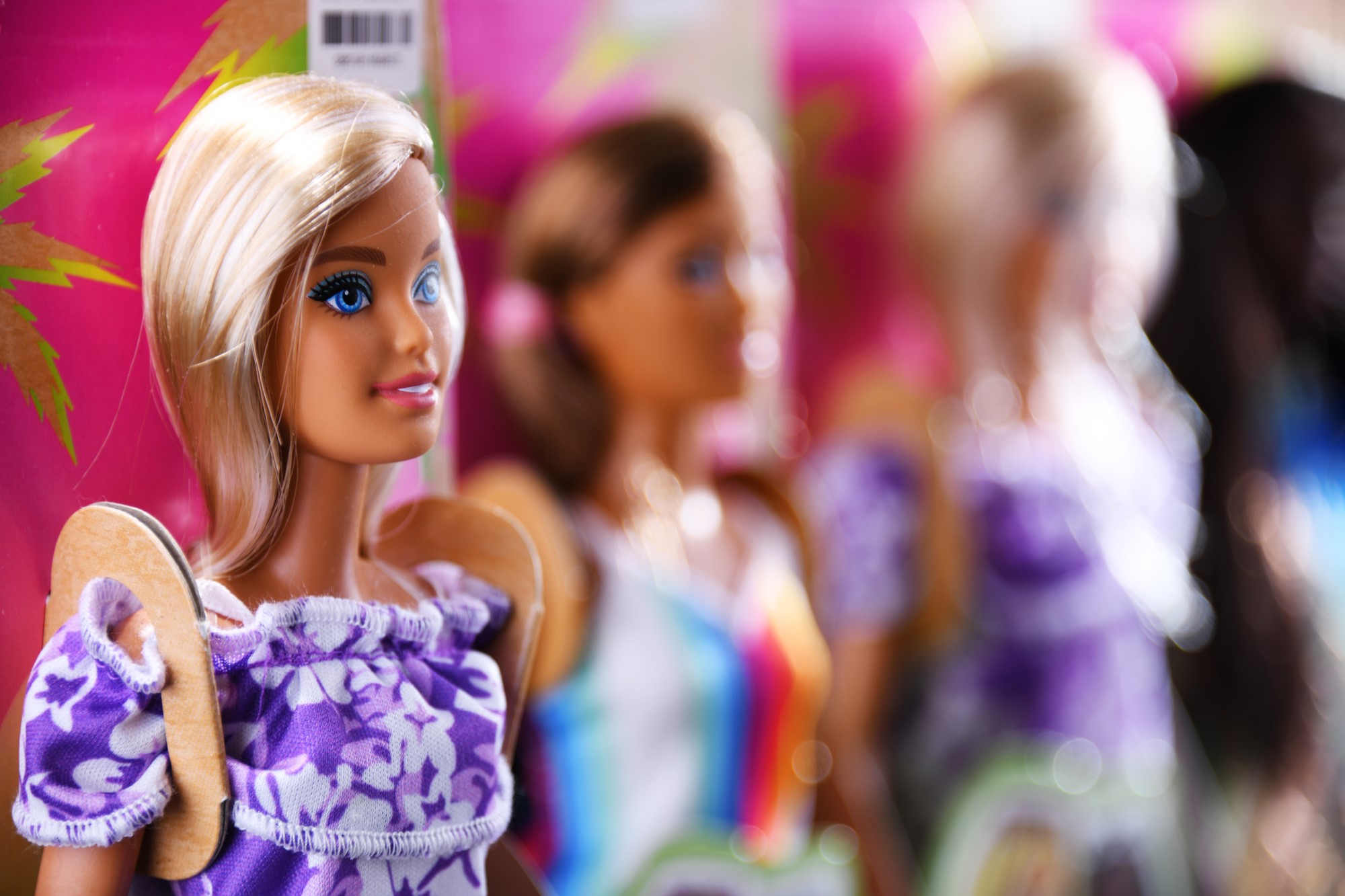Ethics Laid Bare
Part of the reason why HBO’s new series The Last of Us is so impactful — and the reason why the video game it is based on won dozens of awards — is because it shows how quickly it can all fall apart.
Early in the first episode, we find ourselves in the middle of an unfolding catastrophe. A fungus has evolved a way to invade the human nervous system and cause those who it infects to become manically violent; and our protagonist, Joel, along with his brother Tommy, has just narrowly saved his young daughter Sarah from a neighbor who was among the first to be infected. With a shocked Sarah still processing the violence which she had just witnessed — her father, armed with a wrench, killing their infected neighbor to save her — the group scrambles into a truck and frantically tries to flee.
With Tommy at the wheel and police cars screaming by, Sarah pleads for information which neither Joel nor Tommy can provide. The radio and cell towers are out, and the military, believing that the outbreak began in the city, has blocked off the main highway. But for all of the uncertainty, our protagonists do know that something is horrendously wrong: having seen their infected neighbor, they speed down country roads, by homes engulfed in flames, trying to get to a highway.
As they drive, our perspective shifts to that of Sarah, who sees a family come into view: a man, woman, and small child. With their van halfway into the ditch beside the road, the man, hands raised, runs into the street pleading for help. Tommy begins to downshift, and as we hear the brakes screech, Joel protests; Tommy mentions the child in the woman’s arms, but Joel reminds him that they have a child to consider too, and without allowing space for further discussion, tells Tommy to keep driving. Sarah tries to interject, saying that the family could ride in the back of the truck, but Tommy acquiesces to Joel’s request, and Sarah watches the still-pleading family through the rear windshield.
As we hear the pleading fade, Joel says that someone else will come along. The camera turns to Sarah, whose eyes well with tears.
* * *
It’s easy, in the study of ethics, to abstract oneself from the context of lived decision-making: for the vast majority of moral decisions, we do not make our choice with a robust understanding of the utility which is at stake, or if our will could simultaneously become universal law. When philosophers write papers on ethics, we have a luxury which many do not: the time to think deeply and clearly.
This is part of why, among many other reasons, dystopian stories like The Last of Us can be so emotionally compelling. The world is crashing down around our protagonists, and over the next 15 minutes of runtime, the devastation and violence which they witness is suffocating. There isn’t time to breathe or think — only to act. Shortly after encountering the family on the road, our protagonists try to navigate a town center, where panicked people have flooded out of burning buildings and into the street among mobs of the infected. Yet, even as the apocalypse arrives in one of the most chaotic and frenzied forms imaginable, we still see desperate gasps of moral virtue: through the windshield of the truck, we still see people carrying the injured and tending to the wounded.
This is why, even in all of the madness of the show’s first episode, the encounter on the road can be so deeply challenging to our conscience. This is ethics laid bare: when there is no one to call and no time to think, what do you do? Is your inclination like Tommy’s — to stop the truck at the risk of your loved ones? Do you think like Joel, choosing to protect those loved ones while hoping that someone else will take the risk? Or perhaps you’re like Sarah, desperately trying to find a third path and break free from the chokehold of the choice. Maybe you relate to those who stopped to help the wounded; maybe you relate to those who ran. Maybe you relate to both.
I do not believe that there is a clear answer to the question of whether or not our protagonists should have helped the family. I can see the deontologist’s argument that to not render aid to those in need violates some form of moral responsibility, but I can also see that the deontologist has room for Joel’s view, holding that responsibilities to one’s family supersede. The utilitarian would likely point out that, had they taken the family into the nearby town, their chances of surviving the chaos were dim to pitch dark. Or, maybe things would have turned out differently.
The encounter on the road is not challenging because of the various approaches which could be used to assess its moral dimensions; rather, it’s challenging because it strips us of the information and time required to think clearly about what’s at stake — and reveals what is underneath. We have no sense of the ethical lives of these characters prior to this moment, but their reactions to it show their dispositions, and lay their values and virtues bare. The encounter on the road speaks to a fundamental insight: that, at times, ethics is less what you think and more who you are, and how that is reflected in what you do.
It is not likely, I admit, that we will find ourselves in the middle of a zombie apocalypse. But the lesson of this encounter is nonetheless valuable, especially when extrapolated to our everyday reality. Sometimes the challenges which we will face are extraordinary: no matter one’s role — whether you be a healthcare provider, freight yard worker, beach-goer, or a bystander — we may all find ourselves in the position one day to make a choice resembling Joel’s, and have our own virtues laid bare. But even in the quotidian, in the ways in which you treat those around you, in those who you choose to acknowledge, in your actions and your omissions, in your choice to consume, in the choice to stand up when other won’t — in each of these choices is a reflection of who you are.
* * *
The choice presents itself: as you become conscious of the dilemma, precious seconds pass. The need is maybe great, but so is the risk — and the decision is yours. With no time to think, what remains is you.
What do you do?





